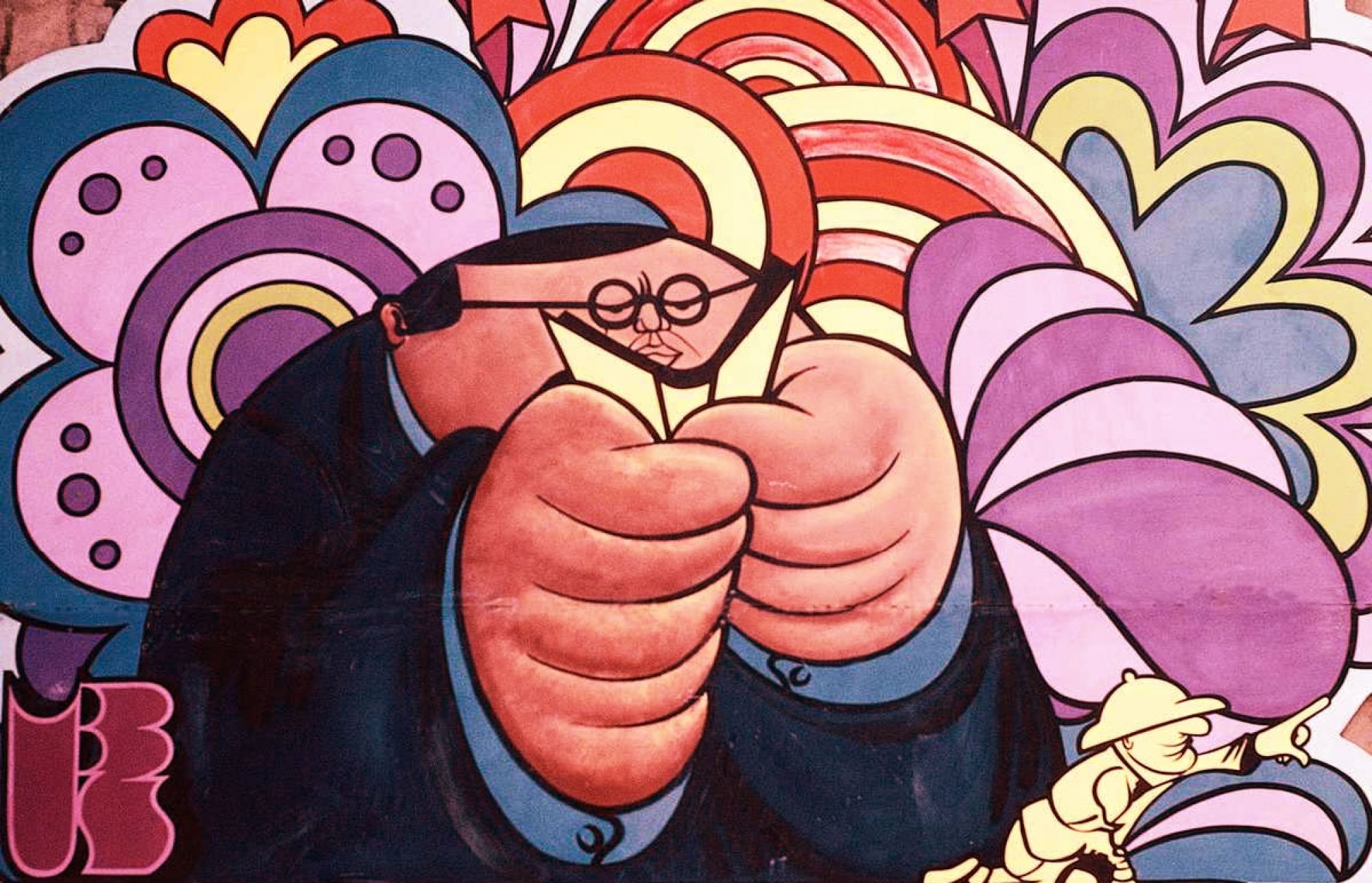“Set in 1920s India, this magical debut novel tells the story of beautiful Anuradha, whose songs are spellbinding, but whose fate is troubled.”
–Elle
When the astonishingly lovely Anuradha moves to Bombay to marry Vardhmaan, a charming young doctor, their life together has all the makings of a fairy tale. But when their firstborn son dies in a terrible accident, tragedy transforms their marriage into a bleak landscape. As the pair starts fresh in a heartbroken old villa by the sea, they are joined by Nandini, a dazzling and devious artist with a trace of leopard blood in her veins. While Nandini flamboyantly takes on Bombay’s art scene, the couple attempts to mend their marriage, eventually discovering that real love, mercurial and many-hued, is given and received in silence. Sensuous and electric, achingly moving and wickedly funny, The Last Song of Dusk is a tale of fate that will haunt your heart like an old and beloved song.
“A cornucopia of life at full tilt and high color . . . Shanghvi–who’s been compared to Arundhati Roy, Zadie Smith, and Vikram Seth–combines ribald humor with prose poetry.”
–Sunday Oregonian
“Few first novelists achieve such perfection, such control, in their performance.”
–India Today
“A gorgeous novel . . . written with a youthful twinkling eye.”
–Los Angeles Times Book Review
“Lush, witty . . . sassy prose . . . moves like a carnival ride.”
–San Francisco Chronicle
( those cited above Courtesy of GoodReads, 312 pages )

